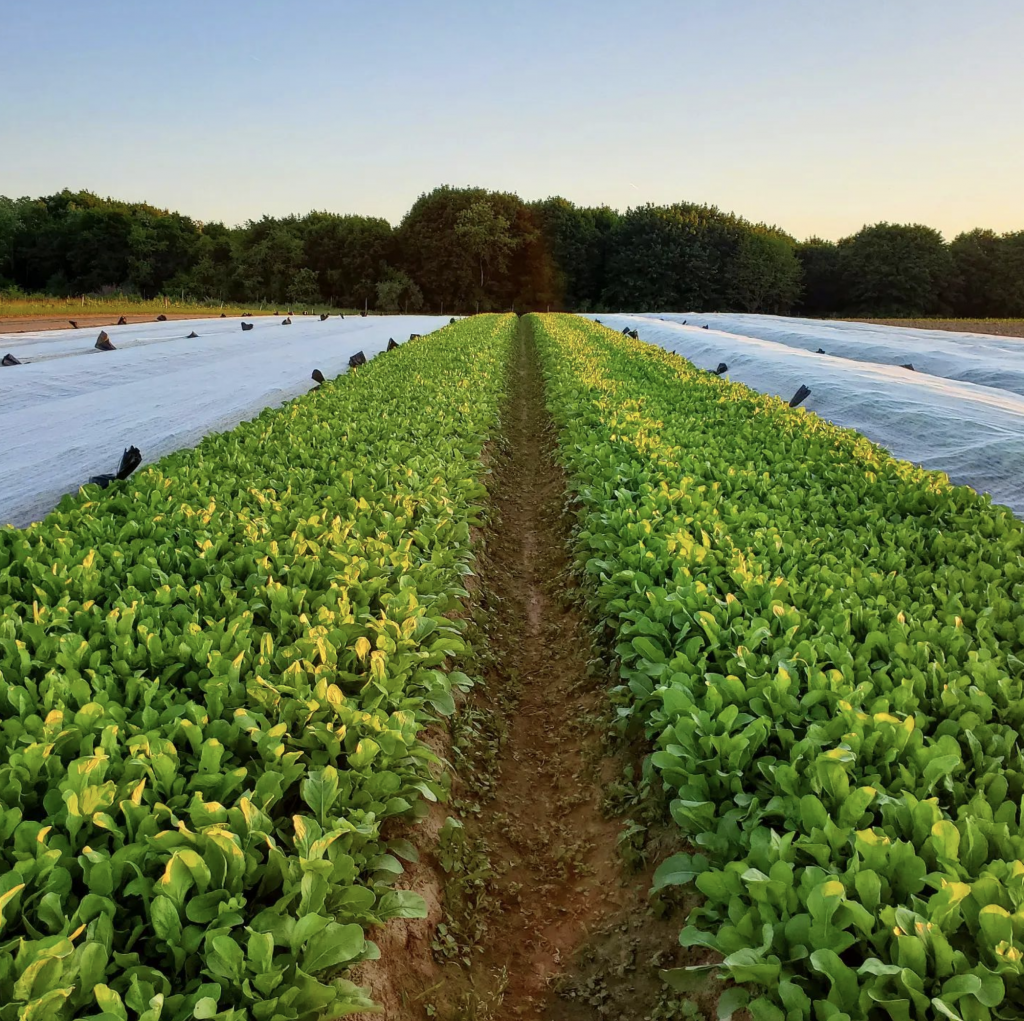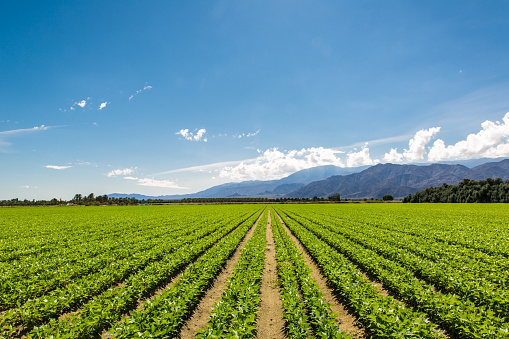Organic farming is a method of agriculture that prioritizes the use of natural processes and materials to cultivate crops. This approach not only benefits the environment, but also results in healthier and more flavorful produce. Here are five organic farming techniques to help you achieve a thriving harvest:

- Cover Cropping: Cover cropping is a technique that involves planting cover crops, such as clover or rye, in between harvest cycles to add nutrients back into the soil, suppress weeds, and improve soil structure.
- Composting: Composting is the process of breaking down organic material, such as food scraps, yard waste, and animal manure, into a nutrient-rich soil amendment. This technique adds essential nutrients back into the soil and helps improve soil structure and water retention.
- Crop Rotation: Crop rotation is a technique that involves rotating crops from year to year in order to minimize pest and disease pressure, improve soil fertility, and prevent soil depletion.
- Intercropping: Intercropping is the practice of planting two or more crops together in the same field. This technique helps to improve soil fertility, suppress weeds, and increase overall yields.
- Natural Pest Management: Organic farmers rely on natural pest management techniques, such as companion planting, releasing beneficial insects, and using natural pest repellents, to control pests and diseases. These methods are safer for the environment and more sustainable than using chemical pesticides.
By incorporating these five organic farming techniques into your farming practices, you can achieve a thriving harvest while also benefiting the environment and promoting sustainable agriculture.
Facebook Comments

